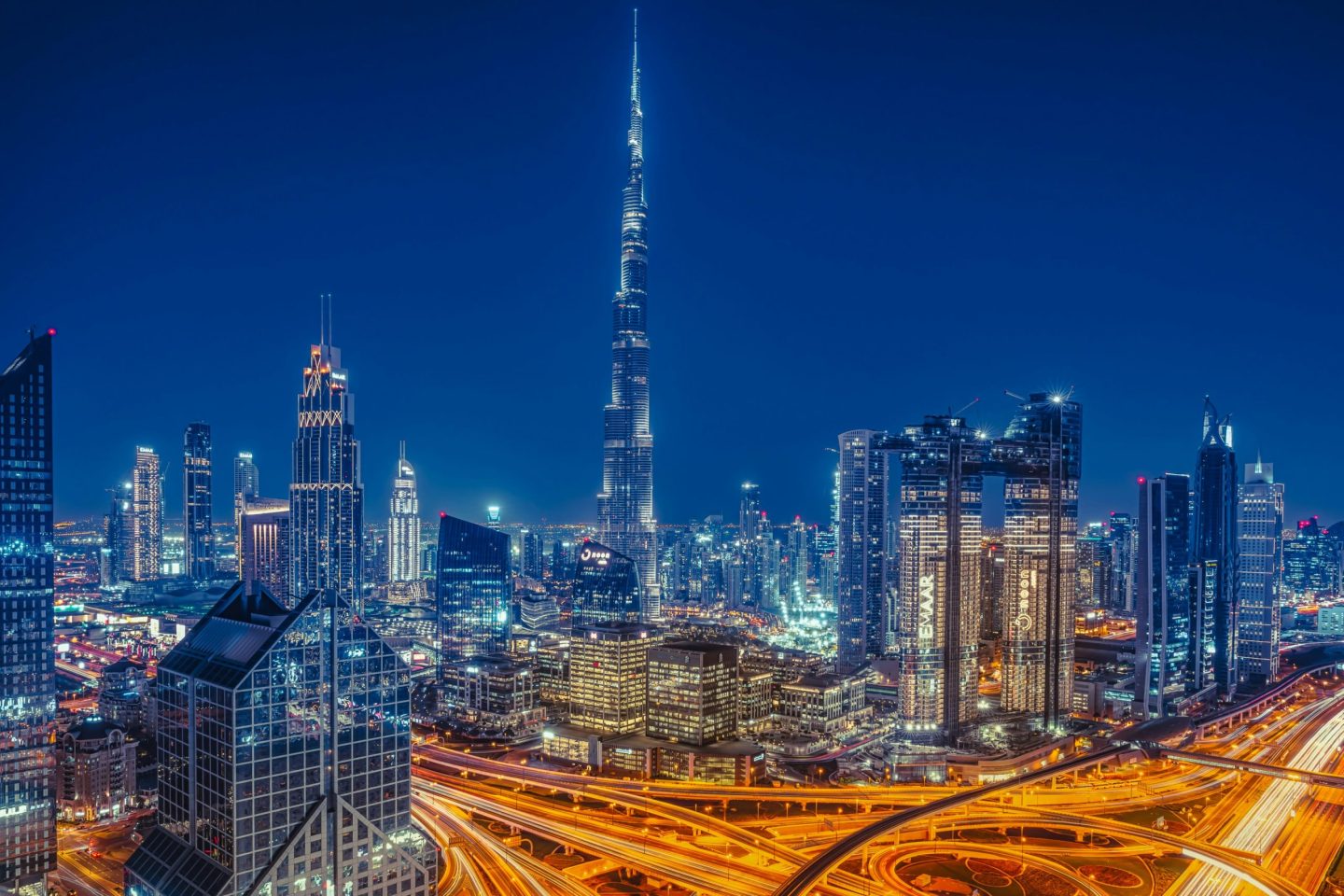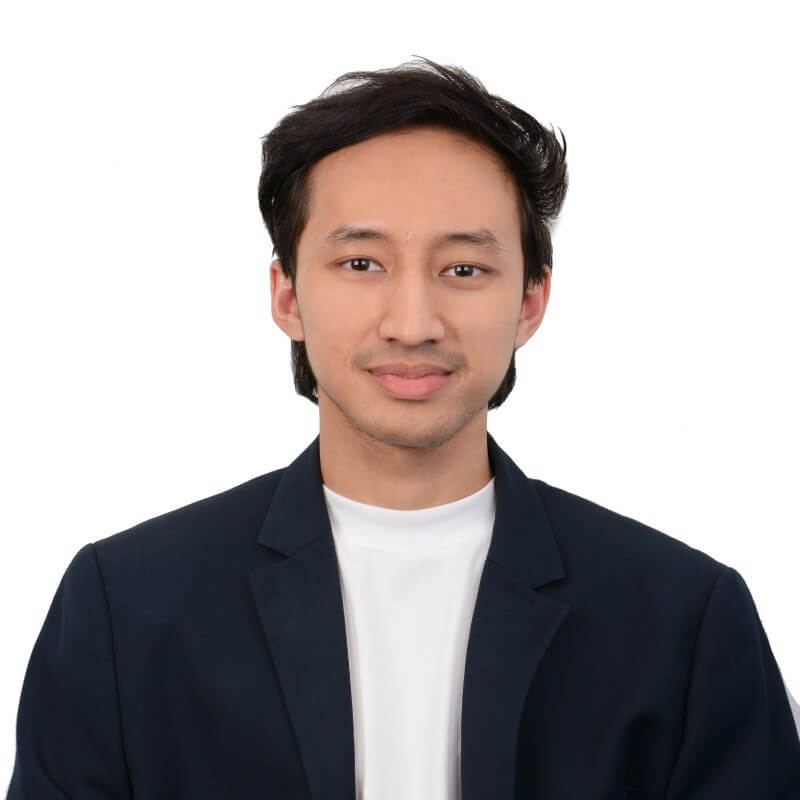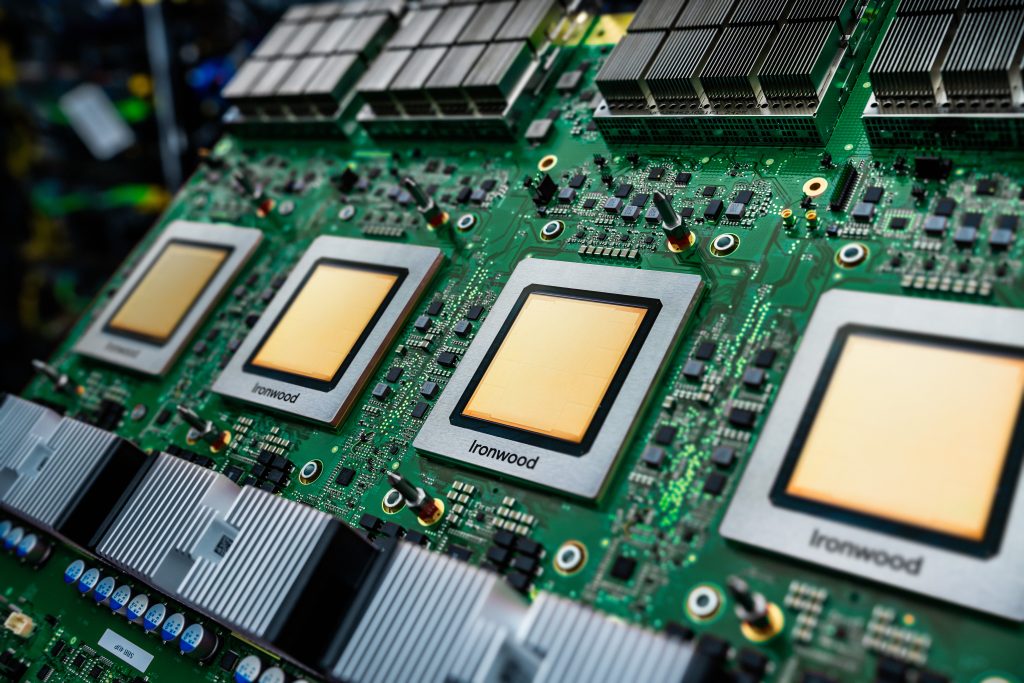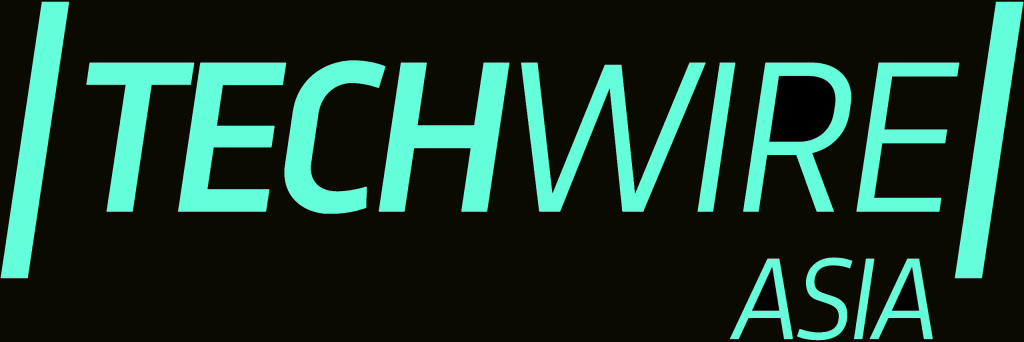- UAE becomes a top AI talent hub after the US.
- GITEX 2024 highlights AI and data centres.
GITEX Global 2024, held at the Dubai World Trade Centre from October 14 to 18, highlighted the latest technology developments, particularly focusing on how Dubai is directing its AI-driven transformation. The UAE is actively implementing strategies to maximise the potential of AI in a variety of industries.
For several years now, artificial intelligence has been a key component of the UAE’s strategy. In 2017, the UAE appointed the world’s first Minister of State for Artificial Intelligence, announcing its intention to lead in this space. Today, AI is deeply integrated in sectors like healthcare, education, and transportation, with the country setting ambitious goals for the future.
The UAE’s Minister of Economy, Abdulla bin Touq Al Marri, has claimed that the country is spending extensively on AI education, with a focus on youth development. The government hopes to prepare the next generation with the skills needed to advance the UAE’s AI ambitions by increasing funding for STEM programmes and student-focused educational ‘bootcamps.’
According to Al Marri, the UAE is second only to the US in attracting top AI talent, with many experts now calling the UAE home. He also emphasised the recent introduction of an international AI policy that focuses on ethical, social, and environmental concerns. “Yes, we want to use AI, but we want to use it ethically,” he said, emphasising the goal to improve people’s lives while aligning AI’s application with societal values. He went on to say that the UAE wants to drive the global AI conversations by advocating for responsible use while fostering innovation.
Becoming a global hub for R&D
Research and development are also high on the UAE’s agenda. Al Marri emphasised the country’s desire to attract top international talent and create innovation centres. “We want the world to look at the UAE as an R&D hub, not just for our 10 million people, but for the 300 million across the region,” he said, highlighting the UAE’s role as a gateway for the region.
The UAE’s flexible regulatory approach might aid the country’s target of 7% annual growth, in line with its goal of doubling the size of the domestic economy.
The launch of a regulatory website, uaelab.ae, allows tech companies to collaborate with the government to test new regulations. “The idea is to bring policymakers and tech experts together to foster an environment where innovation thrives,” Al Marri noted. This regulatory agility, he said, sets the UAE apart, creating fertile ground for innovation, from AI to autonomous transport systems.
Data centres and energy: Powering the future
The UAE is quickly becoming a magnet for data centre investment, with major tech companies like Microsoft and Cisco with presence in the country. These projects are critical to handling the immense computational demands of AI and other advanced technologies.
“Our partnership with Microsoft isn’t new. We’ve been working together for years, and much of our progress in AI and data centres comes from this collaboration,” Al Marri said.
He also pointed out that energy availability is key to this growth. “We have a nuclear power plant fully operational and are adding more solar energy to the grid. Clean energy now accounts for about 30% of our energy mix, making the UAE an attractive destination for data centre investments,” he said.
Al Marri emphasised the economic ripple effect from data centres, claiming that every dollar invested could generate up to ten in economic value.
Cybersecurity takes centre stage
With cybercrime expected to cause damage of up to $10.5 trillion annually by 2025, cybersecurity was a major focus at GITEX Global 2024. Leading experts, including CISOs, CIOs, and GRC leaders, gathered with a unified mission: to establish the world’s foremost line of defence against cyber threats.
This year, the financial industry saw a 40% increase in AI-driven fraud. According to Dr. Mohamed Al Kuwaiti, the UAE’s Head of Cybersecurity, millions of cyber threats were intercepted in the country in 2024. Importantly, AI was seen as a game-changer in the world of cybersecurity. “Cyber awareness is crucial – and AI is changing the game,” he told the GITEX Tech Waves Podcast. “The UAE faced 71 million attacks in Q1 2024. Thanks to AI, we’ve been resilient, using early threat detection to counter these threats.”
Todd Conklin, Chief AI Officer at the United States Department of the Treasury, shared the same concerns. He emphasised AI’s involvement in the US Treasury’s payments ecosystem, where it has helped reduce fraud by roughly $600 million in just six months. “AI is increasingly critical in counter-fraud efforts,” Conklin said.
Huawei also presented details on its infrastructure and cloud security solutions. Dr. Aloysius Cheang, Huawei’s Chief Security Officer for the Middle East and Central Asia, claimed that the company faces 12 billion cyberattacks daily. He emphasised the importance of putting security first and building a strong cybersecurity culture across organisations.








